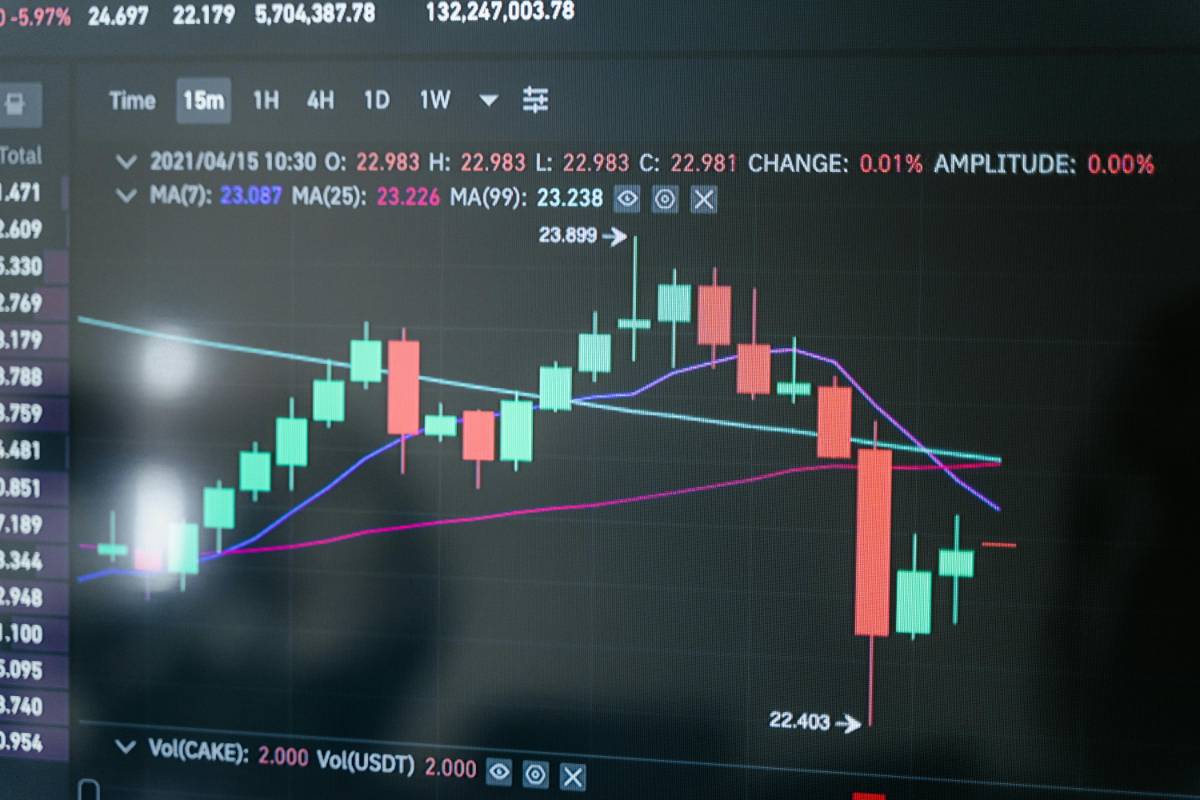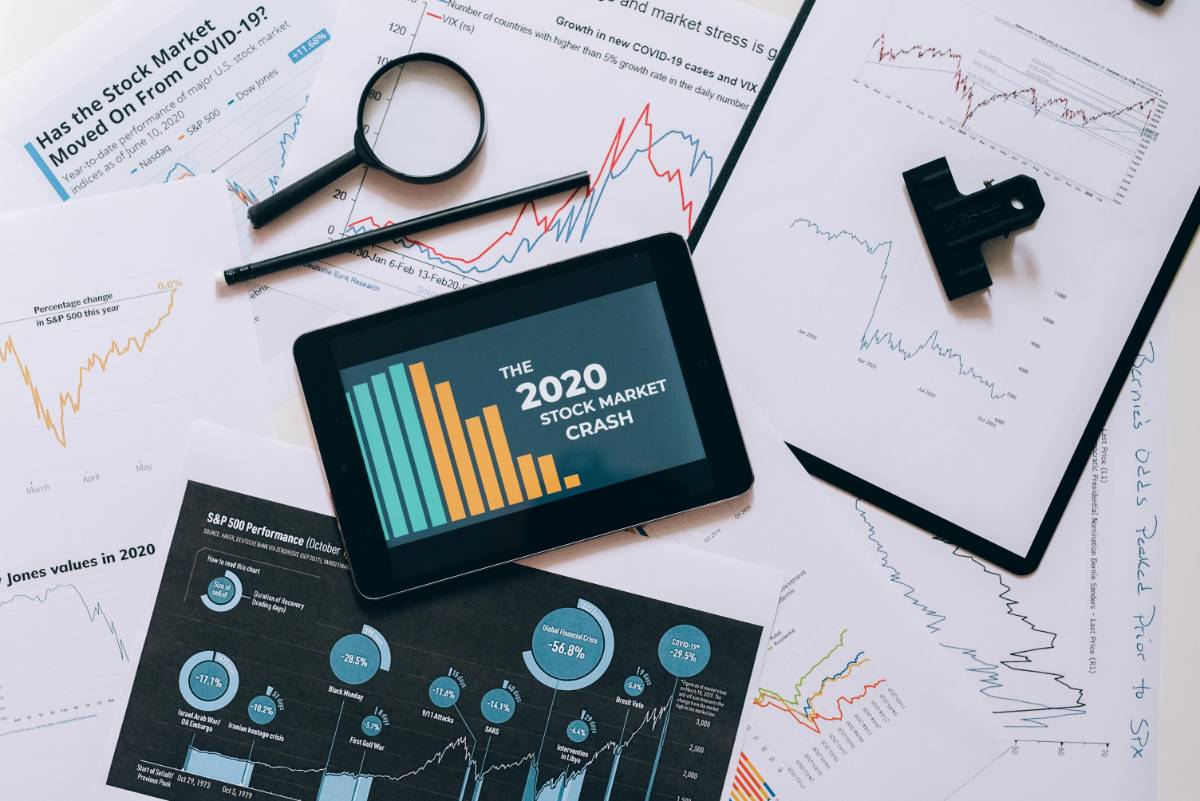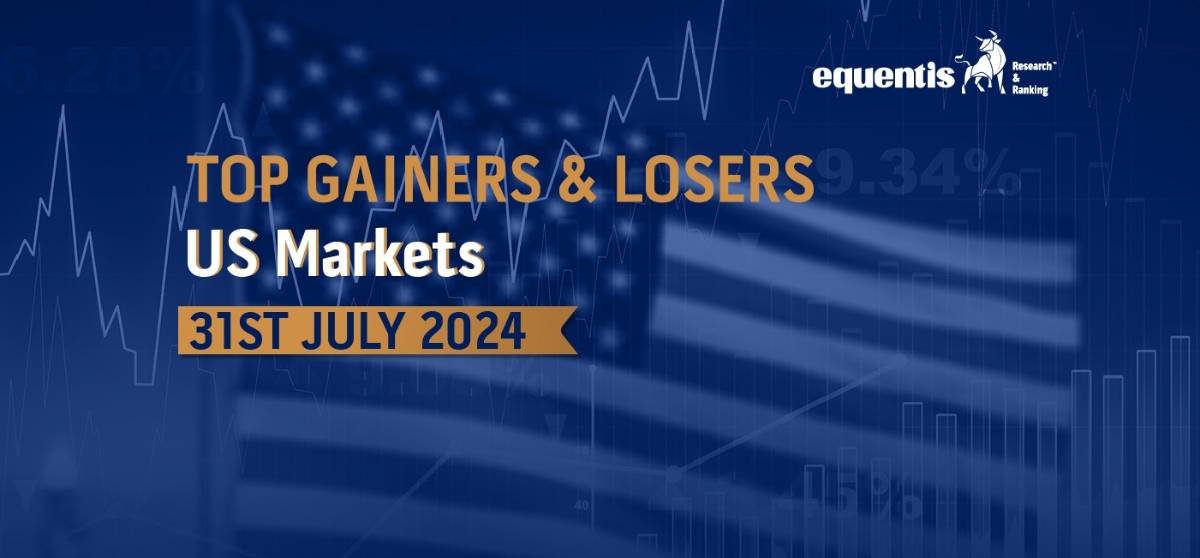
The Rise of Fintech: How Technology is Changing Finance
 By Samantha Lee
By Samantha LeeThe financial industry is undergoing a major transformation due to technological advancements. The rise of fintech (financial technology) has reshaped how individuals and businesses manage money, invest, and make payments. From mobile banking apps to blockchain technology, fintech has made financial services more accessible, efficient, and secure. In this article, we’ll explore how fintech is changing the finance landscape and what it means for the future of personal and business finance.

What is Fintech?
Fintech refers to the integration of technology into financial services to improve and automate processes. This includes innovations in areas such as:
Digital Payments: Online and mobile payment solutions have made it easier for consumers and businesses to send and receive money instantly.
Blockchain and Cryptocurrencies: Blockchain technology enables secure, transparent transactions, and cryptocurrencies like Bitcoin have introduced a decentralized form of money.
Robo-Advisors: These automated platforms provide personalized investment advice and portfolio management based on algorithms.
Peer-to-Peer Lending: Fintech has enabled individuals and businesses to borrow and lend money directly, bypassing traditional banks.
The Benefits of Fintech

Fintech offers several advantages to both consumers and businesses, making financial services more efficient and accessible:
Convenience: With the rise of mobile apps and digital wallets, users can access their financial information and make transactions anytime, anywhere.
Lower Costs: Fintech companies often operate with fewer overhead costs than traditional financial institutions, enabling them to offer services at a lower cost.
Faster Transactions: Digital payments, peer-to-peer lending, and blockchain technologies enable faster financial transactions, reducing delays typically associated with traditional banks.
You might also like
1. How to Save on Health Insurance Costs: Tips for Families and Individuals2. Momentum Trading: How to Ride Trends for Maximum Gains3. A Complete Guide to Choosing the Right Insurance Policy for Your Needs4. How to Turn $100 Into $10,000 With This Little-Known Investment StrategyFinancial Inclusion: Fintech makes financial services more accessible to underserved populations, particularly in emerging markets, where access to traditional banking may be limited.
How Fintech is Disrupting Traditional Banking

Fintech is challenging the traditional banking system by offering alternatives to services traditionally provided by banks. Some of the major ways fintech is disrupting banking include:
Digital Banks: Online-only banks, also known as neobanks, offer banking services without the need for physical branches. These banks often offer lower fees and better user experiences.
Mobile Payments: Digital wallets like Apple Pay and Google Wallet have made paying for goods and services as simple as tapping your phone, eliminating the need for cash or cards.
Blockchain and Smart Contracts: Blockchain technology is being used to create secure, automated contracts that eliminate the need for intermediaries like banks and lawyers.

The Role of Blockchain and Cryptocurrencies in Fintech
Blockchain and cryptocurrencies have emerged as some of the most disruptive technologies within the fintech space. Blockchain is a decentralized, digital ledger that records transactions securely and transparently. Cryptocurrencies, like Bitcoin and Ethereum, rely on blockchain technology to facilitate peer-to-peer transactions without the need for intermediaries such as banks.
Blockchain’s impact on finance includes:
Security: Blockchain offers a highly secure way to record financial transactions, making it resistant to fraud and hacking.
Transparency: Every transaction on a blockchain is visible to all participants, ensuring transparency and reducing the potential for corruption.
Decentralization: By removing intermediaries, blockchain and cryptocurrencies allow for direct transactions between parties, lowering costs and increasing efficiency.
Robo-Advisors: The Future of Investment Management
Robo-advisors are one of the most significant innovations in the fintech industry. These platforms use algorithms to provide financial advice and manage investments with little to no human intervention. They are typically more affordable than traditional financial advisors and offer automated, customized portfolio management.
Some advantages of robo-advisors include:
Low Fees: Robo-advisors generally charge lower fees than traditional financial advisors, making them an attractive option for individuals who want professional investment management without high costs.
Accessibility: Robo-advisors are available 24/7 and are often accessible through mobile apps, allowing users to monitor and adjust their portfolios at any time.
Personalized Advice: Despite being automated, robo-advisors tailor their investment strategies to individual users based on their financial goals, risk tolerance, and time horizon.
Peer-to-Peer Lending: Changing the Way We Borrow and Lend
Peer-to-peer (P2P) lending is another area where fintech is making a big impact. P2P platforms connect borrowers directly with lenders, allowing individuals to borrow money without going through traditional banks. This has democratized lending by providing more options for borrowers and better returns for lenders.
Benefits of P2P lending include:
Lower Interest Rates: Because P2P platforms cut out the middleman, borrowers often pay lower interest rates, while lenders can earn higher returns.
Accessibility: P2P lending platforms are typically more accessible to people who may not qualify for traditional bank loans due to credit history or other factors.
Global Reach: Many P2P platforms allow lending and borrowing across borders, providing access to a broader pool of investors and borrowers.
The Future of Fintech
The future of fintech looks incredibly promising. As technology continues to evolve, we can expect even more innovations that will transform the financial industry. Some trends to watch include:
Artificial Intelligence (AI) and Machine Learning: These technologies will continue to improve the efficiency and accuracy of financial services, including credit scoring, fraud detection, and customer service.
Regulatory Changes: As fintech grows, regulatory bodies will likely introduce new guidelines to ensure the safety and security of digital financial services.
Open Banking: Open banking, where banks share financial data with third-party providers through secure APIs, will enable the creation of more personalized and competitive financial products.
Conclusion
Fintech is revolutionizing the way we interact with money, offering more efficient, accessible, and affordable financial services. From mobile banking apps to blockchain technology, fintech is creating new opportunities for individuals and businesses alike. As the industry continues to grow, it will undoubtedly shape the future of finance, making it more inclusive, transparent, and secure for all.
About the author
 By Samantha Lee
By Samantha LeeSamantha Lee is a seasoned finance writer with over 8 years of experience helping millennials and Gen Z take control of their money. With a background in economics and a passion for demystifying complex financial concepts, Ananya shares actionable tips on budgeting, investing, and building long-term wealth. Her mission is to make financial literacy accessible, relatable, and empowering — no jargon, just smart money moves.
More like this

Stock Buybacks: How They Influence Share Prices
Stock buybacks have become a common strategy for companies looking to boost share prices and reward investors. Understanding their impact can help investors make informed decisions.

Meme Stocks: Are They Making a Comeback?
Meme stocks took the financial world by storm in recent years, driven by online communities and retail investors. As market conditions shift, many wonder if these stocks are making a comeback.

Dividend Stocks vs. Growth Stocks: Where’s the Best Opportunity?
Investors often face a crucial decision when building their portfolios: Should they invest in dividend stocks for stability or growth stocks for higher returns? Understanding the differences can help in making the right choice based on financial goals and risk tolerance.

How Geopolitical Events Affect U.S. Stock Performance
Geopolitical events have a significant impact on the U.S. stock market, influencing investor sentiment, market volatility, and sector performance. Understanding these effects can help investors navigate uncertainty and make informed decisions.

AI and Automation: The Next Big Disruptors in the Stock Market
Artificial intelligence and automation are transforming industries, and the stock market is no exception. These technologies are reshaping investment strategies, trading mechanisms, and market dynamics at an unprecedented pace.

S&P 500 vs. Nasdaq: Where Should You Invest?
Investors often compare the S&P 500 and the Nasdaq when deciding where to allocate their funds. Understanding the differences between these indices can help you make a strategic investment choice based on your risk tolerance and financial goals.

Why Tech Stocks Are Leading the Market Again
Tech stocks are once again at the forefront of the market, driven by innovation, strong earnings, and investor optimism. As companies in the sector continue to expand their influence, understanding the reasons behind this surge can help investors make informed decisions.

The Impact of Federal Reserve Policies on the Stock Market
Federal Reserve policies play a crucial role in shaping the stock market. Interest rate decisions, quantitative easing, and regulatory measures directly impact investor sentiment and market performance. Understanding these effects can help traders and long-term investors navigate the evolving financial landscape.

Top Performing Stocks on Wall Street This Quarter
The latest quarter on Wall Street has seen significant movements, with some stocks outperforming expectations while others struggled to keep up. Understanding these trends can help investors make informed decisions moving forward.

U.S. Stock Market Outlook: What to Expect in 2025
As we move into 2025, investors are looking for insights into the U.S. stock market's potential trajectory. Market trends, economic policies, and global events will all play crucial roles in shaping investment opportunities.

Market Volatility: Should Investors Be Concerned?
Market volatility is a common concern for investors, especially in uncertain economic conditions. While fluctuations in stock prices can be unsettling, understanding the factors behind market swings can help investors navigate uncertain times with confidence.

Tech Stocks to Watch: Are We in Another Boom?
The technology sector has been a driving force in the stock market, and recent trends suggest another potential boom. With advancements in artificial intelligence, cloud computing, and semiconductor innovation, investors are eyeing key tech stocks for future growth.

How Federal Reserve Decisions Are Impacting U.S. Stocks
The Federal Reserve plays a crucial role in shaping the U.S. stock market. Interest rate adjustments, monetary policy shifts, and economic outlooks set by the Fed significantly influence market trends and investor sentiment.

Top Gainers and Losers on Wall Street This Month
The stock market is constantly shifting, with certain stocks outperforming while others struggle. This month, Wall Street has seen significant movements in both directions. Here’s a look at the top gainers and losers.

Latest Trends Shaping the U.S. Stock Market in 2025
The U.S. stock market is evolving rapidly, with new trends shaping investor strategies and market movements. Understanding these trends can help investors make informed decisions in 2025.

Emergency Funds: Why They’re Essential and How to Build One
An emergency fund is a crucial aspect of financial planning, providing a safety net for unexpected situations such as medical emergencies, car repairs, or sudden job loss. Having a well-established emergency fund can reduce stress and prevent you from going into debt when life’s unexpected events occur. In this article, we’ll explore why emergency funds are essential and how you can start building one today.



